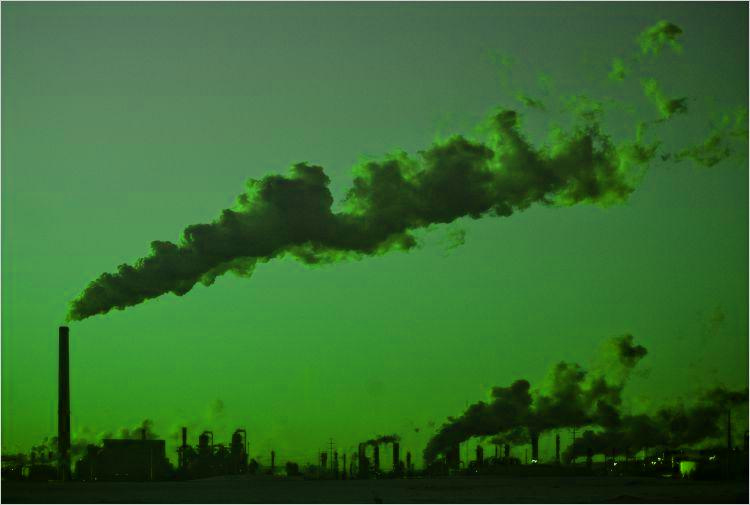There’s a version of a conversation we have with Canadian banks that goes like this:
Us: “You’ve said that you need supportive public policy in order to meet your net zero target, so are you lobbying for it?”
Them: ‘“Well, we don’t usually do that.”
Us: “But if you don’t ask for it, and it’s not forthcoming, then you won’t meet your target.”
Them: “…”
This impasse was the subject of our recent shareholder proposal at BMO this year, the bank that has the clearest statement that it will align its lobbying with the Paris Agreement, but unfortunately is failing to follow through (despite asking its corporate clients and investees to do so).
Which brings us to National Bank and its recent AGM, held this year in Calgary in recognition of the bank’s recent acquisition of Canadian Western Bank.
It is customary at such AGMs for the CEO to provide remarks, which usually tell a positive story about the bank, or sometimes deal with a key issue like money laundering at TD, or go further in passing comment on the state of the broader economy.
The CEOs and their communications teams will generally know ahead of time whether they want to make headlines with these remarks, and have a choice to either play it safe and boring to stay under the radar, or to say something provocative that will get noticed.
National had already made a tacit statement by holding its AGM physically in Calgary instead of Montreal this year, but the executive team clearly decided to go further by showing up with something newsworthy to say.
National CEO Laurent Ferreira literally made headlines by wading into the controversial waters of Canadian energy policy and siding with the oil and gas industry by saying that both Bill C-69 and the emissions cap should be revisited.
This was the equivalent of a drive-by shooting. National has not been part of the extensive consultations on these pieces of policy, and is offering no alternative to the valid issues that are trying to address.
Mr. Ferreira tried to make it sound like C-69 is stymying the renewables industry too, but it only applies to such projects on federal land, whereas most aren’t. What has objectively halted renewables projects are the policies of Danielle Smith, but we heard nothing about that despite the opportunity of being in her backyard.
And, opposing the emissions cap is essentially straight-up endorsing more greenhouse gasses in our atmosphere during the climate crisis, the opposite direction to National’s own net zero commitment.
It seems this was a political decision taken by the executive suite that given the acquisition of Canadian Western, National needed to show up with some red meat for Alberta power brokers to announce themselves as someone to reckon with. “Here we are. See, we think like you do.”
Yet, it is also likely that National hasn’t thought through what this clumsy introduction will cost. First and most obvious is whether its traditional base of Quebec clients will want to accompany National on a journey of becoming a dirtier company kow-towing to the fossil fuel industry. Desjardins will start to look more attractive by comparison.
Less clear is whether National will place more bets on what will inevitably be a sunset industry. It’s not just the climate imperative justifying a shift away from fossil fuels, but also the economics of renewables and battery storage improving year over year. Alberta’s power brokers have their heads in the sand regarding this development just as National seems to want to join them.
One AGM doesn’t define a company, and I hope that what we witnessed in Calgary was more of a mistaken trial balloon instead of an indicator of National’s new identity. Time will tell whether Mr. Ferreira and his bank will play a constructive role in public policy debates on the side of the energy transition and reducing emissions – something National is in theory committed to as part of its net zero strategy, but is ultimately also just good business.



